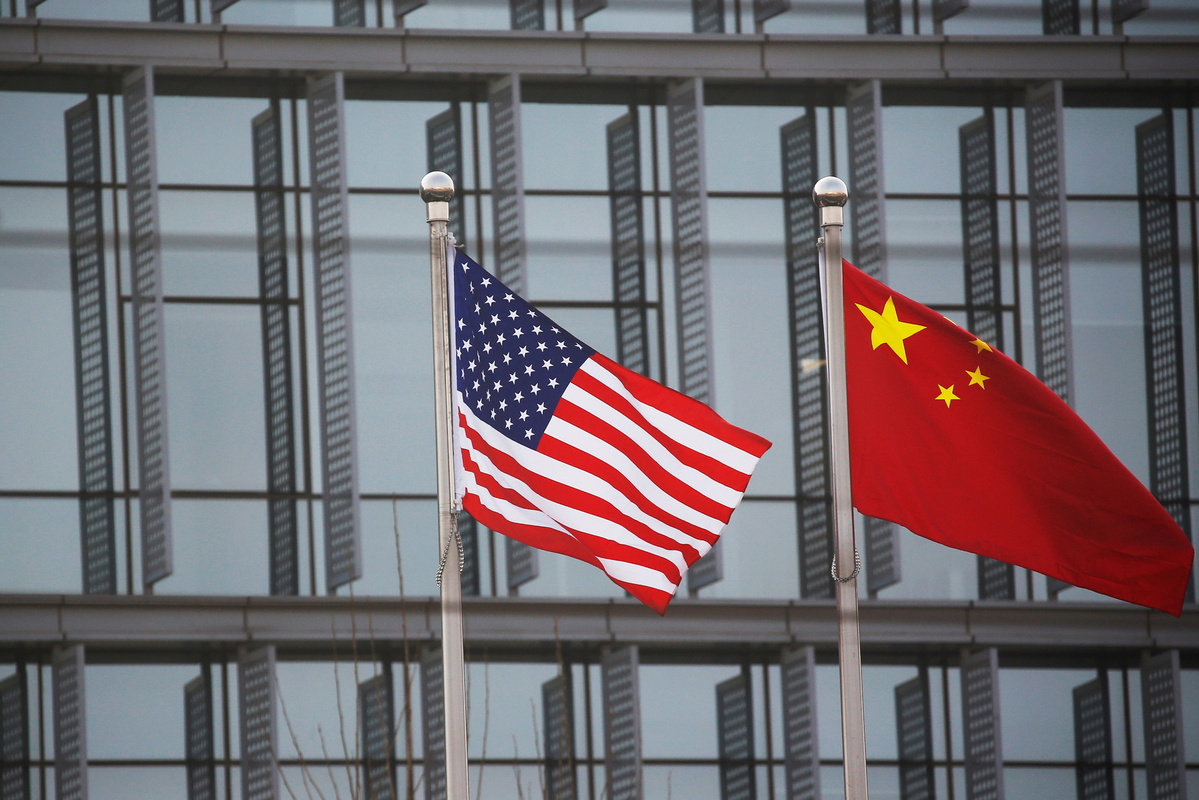Get tariff-cut talks moving, forum hears
By ZHAO HUANXIN in Washington | China Daily | Updated: 2022-10-19 06:56

Step-by-step progress with China possible, says former US trade chief
Washington and Beijing should resume talks on reducing tariffs and make step-by-step progress that will benefit both sides, a former United States trade representative said on Monday.
"There's no question that we could sit down with China. I had hoped that we would gradually remove the tariffs mutually," Carla Hills, the US trade representative between 1989 and 1993, said at a discussion in Washington.
"The tariffs that were imposed in the last administration for the most part are still in existence.
"We all find some win-win situations," she said at "A Conversation with Former US Trade Representatives", an annual event held by the Center for Strategic and International Studies, a think tank in Washington.
"If we could just begin to have win-win, I just say, step-by-step progress on areas where it would make a difference and benefit both sides, it would be a big plus."
The tariffs on Chinese goods are a holdover from the administration of Donald Trump, with more than $300 billion worth of imports still subject to them.
Signal sent
Trump's successor, Joe Biden, signaled in early May that his administration could lift the tariffs as a way to curb surging inflation in the US, though he stressed no final decision was made.
Early last month, sources said that Biden was holding back on a decision to scrap any Trump-era tariffs on China imports while the administration studied ways to help businesses seeking relief, the Bloomberg news agency reported on Sept 7.
Last Wednesday, White House national security adviser Jake Sullivan said the Office of the US Trade Representative has initiated a "four-year review" of China tariffs, looking at their impact.
"The process will continue over the coming months, and it will produce outcomes and recommendations to the president about a way forward," Sullivan told reporters.
At Monday's discussion, Hills suggested that regular high-level meetings be held for the "mutual reduction of tariffs".
"Maybe we have a little panel of five on each side, with economic and political background, and we could decide which one's first, how fast, and I think it would make a difference," she said.
Hills noted that in dealing with China, the Biden administration came in saying that it wanted to be competitive and cooperative, but then it said that there would be the "problems".
She was probably referring to the adversarial, competitive and cooperative aspects of US-China relations as highlighted by US Secretary of State Antony Blinken early last year, a description that Beijing said is a "thinly veiled "attempt to contain and suppress China.
"Let's consult. In the past, we have worked with China, and I think that there's an opportunity there to take small steps, each of us, that will tend to reduce the friction and make a difference," she said.
Hills also said the US competition with China should not become "accusatory".
"You run faster if you're in a race with people that are following you fairly closely. You play a better tennis game if you have a good person on the other side of the net," she said.
"So let's compete. Let's not be so accusatory."
Debate remains
Michael Froman, another former US trade representative, said there was some debate over whether those tariffs that are in place create leverage for the US.
During the 2022 Trade Policy Agenda hearings in the US Congress in March, US Trade Representative Katherine Tai suggested that cutting tariffs on Chinese imports would cost her "leverage "at the negotiating table.
Froman said he was not sure the tariffs provide leverage if China has already adjusted to the impact of the tariffs.
"But that leverage is only useful if you're actually having a conversation with the other side," Froman said. "There are no conversations going on."
Douglas H. Paal, a distinguished fellow of the Asia Program at the Carnegie Endowment for International Peace, told China Daily in an earlier interview: "Common sense argues that the US is not acquiring leverage against China by continuing tariffs that largely raise prices for American industry and consumers."
























